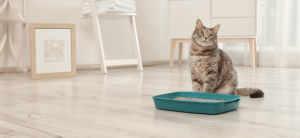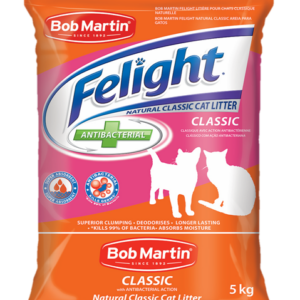Cats are just as susceptible to digestive issues as humans, but without the ability to communicate with us, their symptoms can get worse very quickly.
The most common digestive issues in cats are diarrhea (fast moving bowels) and constipation (slow moving bowels), both of which can be caused by a range of factors including a change in diet, increased stress, eating foreign objects – and in more serious cases, infections or parasites.
Both conditions are often accompanied by vomiting or your cat refusing to eat. However, in some cases, like humans, digestive issues can be chronic. Cats can also be prone to gastroenteritis, irritable bowel syndrome and even pancreatitis. It’s essential to have the right information and support to best manage your cat’s digestive health.
Get a professional opinion
Whether you think you know what is wrong with your cat, or your cat is just generally fussy, ‘waiting to see’ is never the right course of action, because simple infections can develop into serious issues if left unattended.
In addition to monitoring their eating and toilet habits, consult a vet as soon as you notice any change. Don’t attempt any home remedies, force your cat to eat or change their food again – this could make the situation worse.
If you have more than one cat, and one cat gets sick, limit their interaction as much as possible in case the condition is contagious. Make sure your cats have separate bowls to eat and drink from and have a litter box for each cat.







